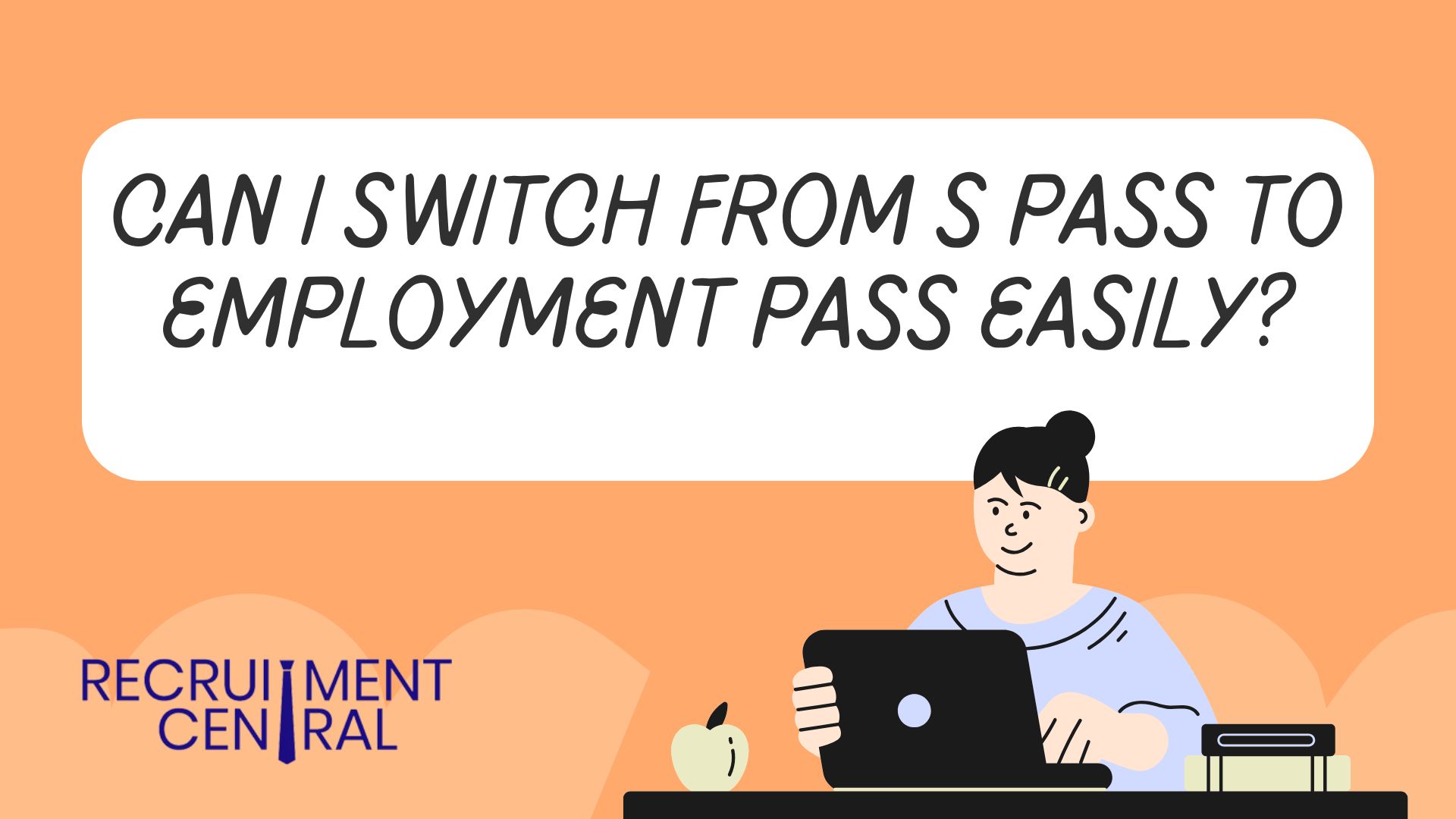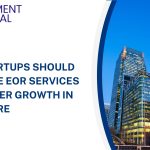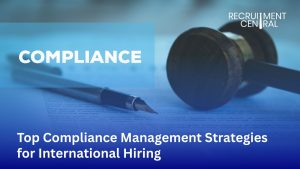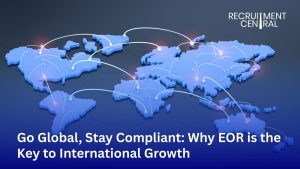Stop right there! After working in Singapore for a couple of years on an S Pass, you have been steadily building a career and gaining invaluable experience. The promotion your company just announced looks tempting; you’re about to apply for it. However, there’s a catch-it’s only for persons holding an Employment Pass. Sounds familiar? You’re not alone. Hundreds of them, on a weekly basis, have that gnawing question about going from an S Pass to an Employment Pass (EP).
All right, let’s clear the air here. The first thing is what it takes to get converted and, to make the most important decision for now-on whether this is right for you.
Some Basics: S Pass vs Employment Pass
Before we get into the procedure for conversion, let’s look at what these two passes are. Pretty much like flying from economy class to business class both will get you to the same destination but with more required as well as additional privileges.
While the S Pass caters to mid-skilled technical workers whose monthly salary is not less than $3,000, the Employment Pass caters to foreign professionals, managers, and executives whose desires for monthly salary through which their passes are sought will not come less than $5,000-a higher threshold for certain sectors and experience levels.
Also Read : Average Salary in Singapore 2025
S Pass vs Employment Pass: Why Consider the Switch?
You might be thinking about why one would want to switch from an S Pass to an EP. There are good reasons for doing this:
- No Foreign Worker Levy: They do not have to pay a monthly levy for EP holders, as they would for S Pass holders
- Career Mobility: EP holders generally have more leeway in switching jobs
- Pass Duration: EPs are generally for a longer two years for first-time candidates and three years for renewals, compared to the usual two to three-year S-Pass
- Dependant Privileges: EP holders are also able to bring their dependants into Singapore very easily
S Pass vs Employment Pass: Is the Switch “Easy”?
However, the ease of switching is dependent on several factors, like the policies of a bank regarding upgrading or switching credit cards, etc.
1. Essential Points for A Successful Switch
- Minimum Salary: At least an EP Salary of $5,000 to comply with the minimum);
- Qualifications: It must be a good university degree from a recognized institution;
- Job Position: Proposed Employment has to be professional/managerial/executive;
- Company Registration: The employer has to be a duly registered company operating in Singapore;
- Working Experience: Proposed Employment has to be relevant inside working experience.
2. Process
Upon fulfilling the above-mentioned requirements, here’s a general rundown of how a switching works:
- The employer will submit a new EP application through MOM’s online portal;
- You will continue to work on your S Pass while you wait for the approval;
- Once this is approved, there is cancellation of the S Pass and you will receive a new EP.
Also Read : Top Interview Questions to Prepare For Singapore
S Pass vs Employment Pass: Common Challenges and How to Overcome Them
1. Salary Gap
If you don’t meet the EP salary requisite, you may consider:
- Taking on additional responsibilties.
- Undergo skill enhancement through relevant certification programs.
- Negotiate with your employer for a promotion.
2. Qualification Recognition
Recognition of qualifications might not be a straightforward process for some. In such cases, try:
- To emphasize relevant work experience;
- To obtain more certifications;
- To consider validation assessments for your skills.
Things to Do To Smoothen an Urgent S Pass to Pass Transition
- Do Not Wait for Expiration: Make early changes to your S Pass
- Documentation: Proof of academic qualifications and employment needs to be done
- Be in Touch: Always keep your HR in touch during the process; all the updates should be given
- Stay Informed: Updates/memos from the Ministry of Manpower should be monitored continuously
For the most up-to-date information on pass requirements and application procedures, visit this Source: Ministry of Manpower, Singapore – Work Passes and Permits
Remember, every case is unique, and what works for one person might not work for another. The key is to assess your situation objectively and plan your career progression accordingly.







